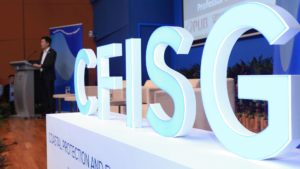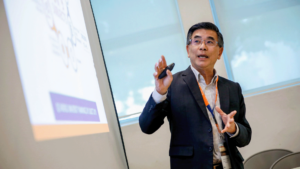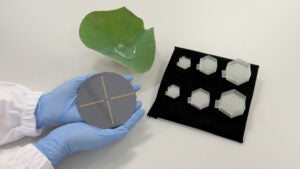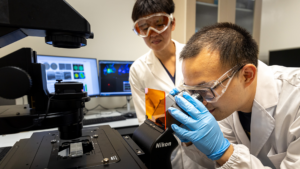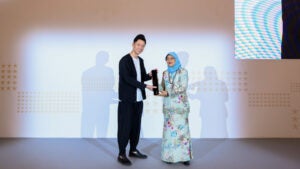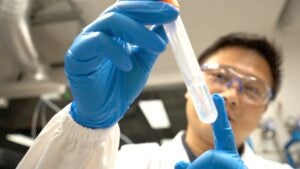RESEARCH NEWS
Adj Prof Quek Gim Pew honoured for outstanding service at University Awards
Adj Prof Quek has been a leading figure in the development of advanced defence technologies and a strong advocate of STEM education.
Centre of Excellence to drive coastal protection and flood management research
Hosted at NUS, the new Coastal Protection and Flood Resilience Institute aims to tackle the challenges posed by rising sea levels and climate change.
Best Paper award in Energy and Buildings
Paper authored by a team led by Professor Lam Khee Poh has been selected as one of the 10 best research papers in Energy and Buildings published in the period from 2018 to 2022.
Dept of Architecture partners on URA heritage initiative
Singapore Architecture Collection aims to showcase Singapore’s architectural and urban design journey.
SDE1 and SDE3 win Singapore Institute of Architects awards
Redesigned and retrofitted NetZero energy buildings at CDE presented with two Architectural Design Awards by the Singapore Institute of Architects (SIA).
Nature-inspired pressure sensor aims to transform healthcare
Inspired by the water-repellent effect of lotus leaves, CDE researchers develop an aero-elastic sensor that revolutionises the way pressure is detected.
Student-built satellite Galassia-2 blasts into orbit
Remote sensing nanosatellite built by multidisciplinary students from CDE successfully launched into orbit from the Satish Dhawan Space Centre in southern India.
Asst Prof Shin Sunmi named among Nanoscale 2023 Emerging Investigators
Asst Prof Shin recognised for research work with the potential to influence future directions in nanoscience and nanotechnology.
Prof Liu Bin honoured among Asia’s top researchers
Trailblazing scientist in the field of organic functional materials named among the Asian Scientist 100 list of Asia’s top researchers.
Tumour-selective light treatment shows promise for breast cancer
Innovative light therapy developed by NUS researchers offers targeted treatment and fewer side effects for breast cancer patients.
Assoc Prof Hans Tan’s ‘R for Repair’ wins President’s Design Award
Project led by Division of Industrial Design professor aims to redesign the act of repairing into an inspiring and creative endeavour.
Innovative CO2 conversion offers hope for cutting emissions
CDE researchers say breakthrough studies of electrochemical reduction show how carbon dioxide can be converted into valued-added fuels and chemicals.




